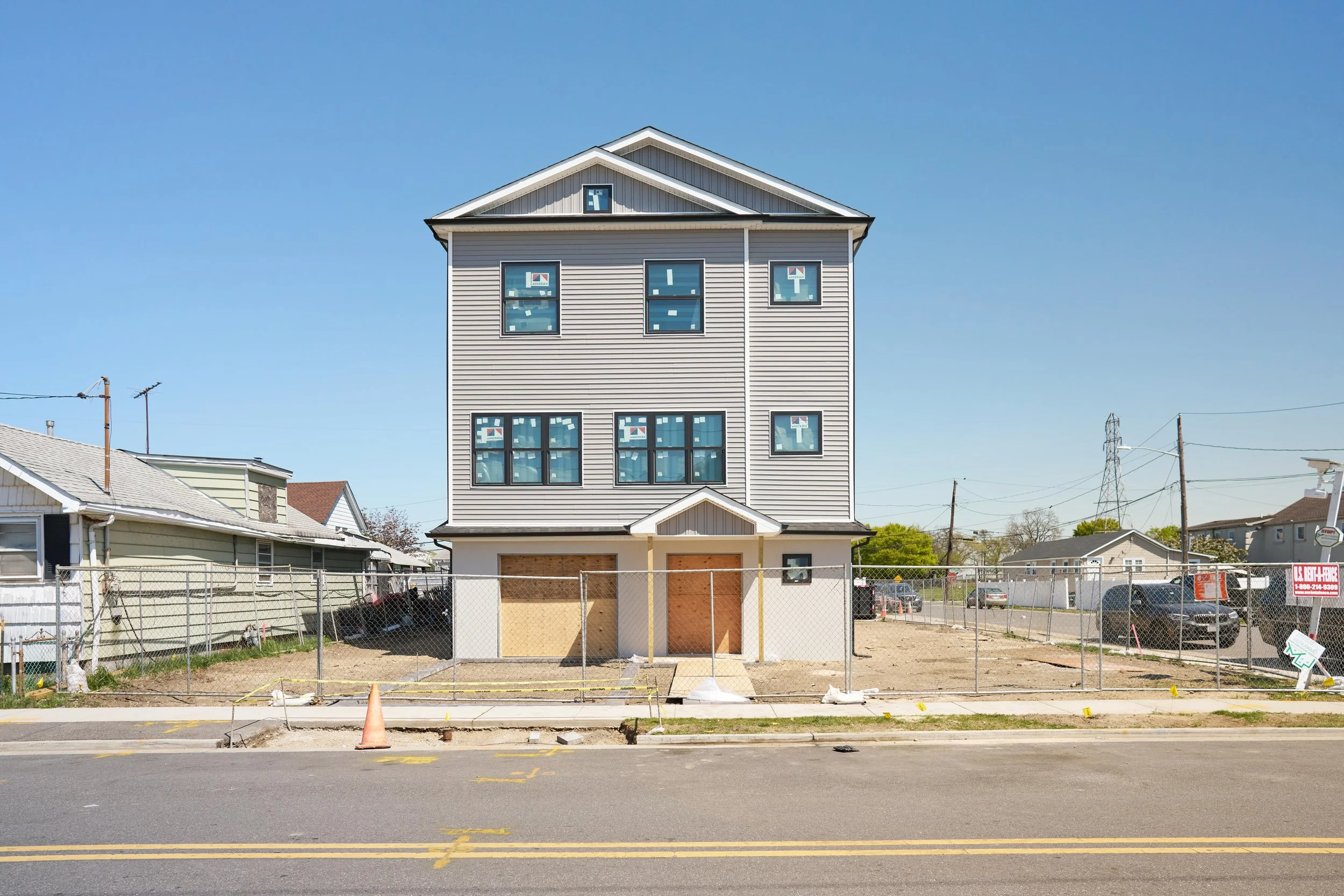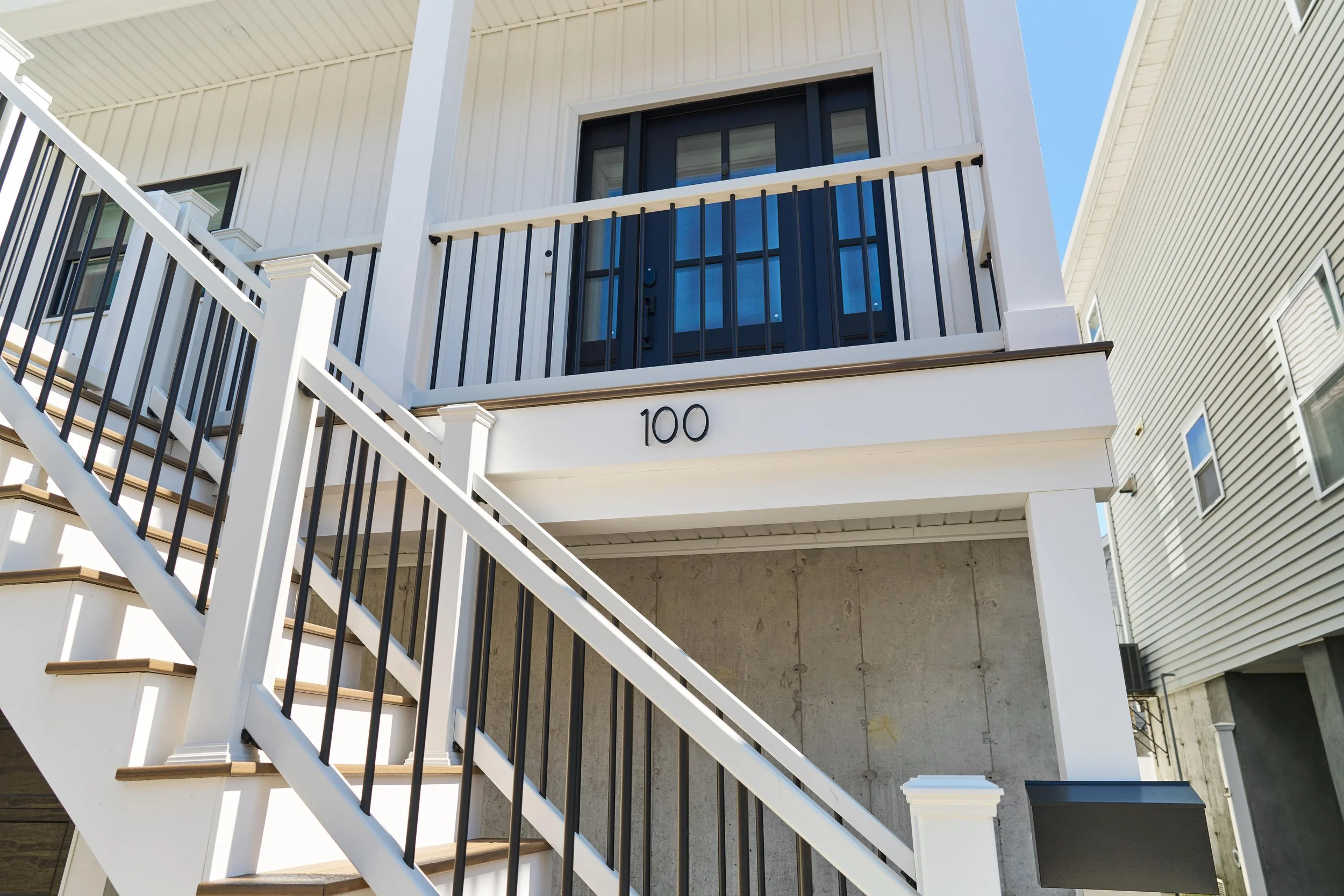How Much Does a Home Extension Cost in Today’s Market?
If you’ve outgrown your space but love your neighborhood, extending your home might be the perfect solution. Many homeowners ask, “How much does a home extension cost?” The answer depends on factors like size, materials, labor, and design complexity.
In today’s market, home extensions offer flexibility, added value, and comfort. Whether you’re adding a new bedroom, expanding the kitchen, or building a dormer and extension in Oceanside, understanding the real costs upfront helps you plan confidently.
At Legacy Home Remodeling, we specialize in creating durable, energy-efficient, and beautifully designed home extensions tailored to your lifestyle and budget.
House Extension Budget Guide
Budgeting for a house extension requires careful planning. Costs can vary widely depending on design scope, construction labor rates, and regional pricing differences.
Here’s a basic cost breakdown to help guide your house extension budget:
Design & Planning: 10-15% of total budget (includes architectural drawings and permits)
Construction Materials: 40-50% depending on finishes and energy-efficient upgrades
Labor: 30-40% based on project complexity and skilled trade costs
Interior Finishing: 10-15% (paint, flooring, lighting, and trim)
It’s also essential to include extra room for unforeseen expenses such as foundation adjustments, plumbing, or electrical installation upgrades. A contingency fund of 10-20% is recommended to cover unexpected costs.
Single-Storey Extension Cost
A single-storey extension is one of the most common types of home additions, ideal for expanding living spaces, kitchens, or dining areas.
On average, the cost of a single-storey extension in the U.S. ranges between $120 and $250 per square foot, depending on materials and labor.
Factors that influence price include:
Structural modifications or foundation changes
Roof type (flat vs pitched)
Wall materials and insulation choices
Window and door installations
Interior finishes and paint
Opting for energy-efficient extensions may increase initial costs but can reduce long-term heating and cooling expenses, a smart investment for sustainable living.
Extension vs Renovation
Homeowners often wonder whether it’s better to extend or renovate. The right choice depends on your goals, space availability, and budget.
Extension:
Adds new square footage
Ideal for growing families or expanding living areas
Involves more structural work and permits
Renovation:
Improves existing space without expanding footprint
Usually faster and less expensive
Focuses on upgrades or redesigning interiors
If you’re looking to increase your property’s market value or need additional living space, an extension offers a higher return on investment than most renovations.
House Extension Cost Calculator
While online tools can provide rough estimates, the most accurate way to determine your house extension cost is through an in-person consultation. A house extension cost calculator can help you compare the average home extension cost per square foot, but it’s important to consider specific variables and explore professional home addition services that can provide tailored solutions based on your property’s unique needs.
Size of the extension: Larger projects lower the cost per square foot.
Design complexity: Custom layouts or intricate floor plans raise labor costs.
Foundation type: Slab, crawl space, or basement foundations vary in price.
Permits and inspections: Local building regulations and permits can affect the total budget.
At Legacy Home Remodeling, our team provides detailed cost estimates that factor in design, materials, and your home’s unique layout, ensuring transparency from day one.
Home Extension Cost per Square Foot
On average, a home extension costs between $120 and $400 per square foot, depending on location, materials, and construction methods.
Example price ranges by type:
Basic extension: $120-$180 per sq. ft. (standard finishes)
Mid-range extension: $180-$250 per sq. ft. (energy-efficient design)
High-end extension: $300-$400 per sq. ft. (custom finishes and premium materials)
If your project includes a bathroom, kitchen, or plumbing work, expect costs at the higher end of the range due to added infrastructure.
Factors That Affect the Cost of Extending a House
Several key factors determine how much your home extension will cost:
Size and Design Complexity: Larger or custom designs require more materials and labor.
Material Quality: Premium flooring, roofing, or siding increases cost.
Labor and Contractor Fees: Vary depending on hiring licensed builders and specialists.
Permits and Compliance: All residential projects must follow building permits and local regulations.
Site Conditions: Sloping land or poor soil may require additional foundation work.
Finishing Details: Cabinets, countertops, and interior finishing expenses add to the total.
Budgeting properly ensures you don’t compromise on safety, comfort, or aesthetic appeal.
Hidden Costs to Watch For
While planning, don’t overlook these potential hidden costs:
Permit fees and inspection charges
Utility reconnections (plumbing, electrical, HVAC)
Temporary living arrangements during construction
Landscaping or driveway modifications
Waste removal and cleanup
Discussing these early with your contractor helps prevent budget overruns. At Legacy Home Remodeling, we ensure transparency so clients know exactly where their money goes.
DIY vs Professional Extension
While DIY projects may seem appealing, a home extension is a large-scale undertaking that demands expertise. DIY vs professional extension debates often end with one clear winner, that is professionals.
Why professional builders are better:
Knowledge of building codes and permits
Safer and faster execution
Access to quality materials and equipment
Structural integrity assurance
Warranty and accountability
Our licensed professionals at Legacy Home Remodeling ensure your project is handled efficiently, meeting all safety and structural standards.
Home Extension Timeline
The duration of a home extension project depends on its complexity and size.
Design and Permit Approval: 4-8 weeks
Foundation and Framing: 2-3 months
Plumbing and Electrical Installation: 3-5 weeks
Finishing and Inspection: 1-2 months
A standard single-storey home extension can take around 4-6 months from start to completion. Planning early with your contractor helps align timelines and minimize disruptions.
Final Thoughts
Adding a home extension is an investment in comfort, functionality, and property value. By understanding how much a home extension costs, you can make informed decisions and avoid budget surprises.
At Legacy Home Remodeling, we bring years of experience in residential construction, floor plan design, and energy-efficient extensions to help homeowners expand their living space with confidence.
Whether you’re planning a new room, a kitchen addition, or a dormer and extension in Oceanside, our licensed professionals deliver results that stand the test of time.
Visit Legacy Home Remodeling to learn more or contact us today for a personalized quote. You can also explore related topics like what is a dormer vent for more home design inspiration.
FAQs
1. What is the average cost of a home extension in today’s market?
Most U.S. homeowners spend between $120,000 and $250,000, depending on size, materials, and location.
2. How much does a home extension cost per square foot?
Expect to pay between $120 and $400 per square foot, varying by region and design features.
3. What factors affect the cost of extending a house?
Labor rates, material choices, permits, and site conditions play major roles in determining total cost.
4. Is it cheaper to extend or move to a new home?
Extending is often more affordable and convenient than relocating, especially when factoring in moving costs and real estate fees.
5. How can I estimate my home extension budget accurately?
Use a detailed house extension cost calculator or consult a licensed contractor for precise estimates.
6. What are the hidden costs involved in home extensions?
Permit fees, plumbing adjustments, and temporary accommodations can add to your final expenses.


